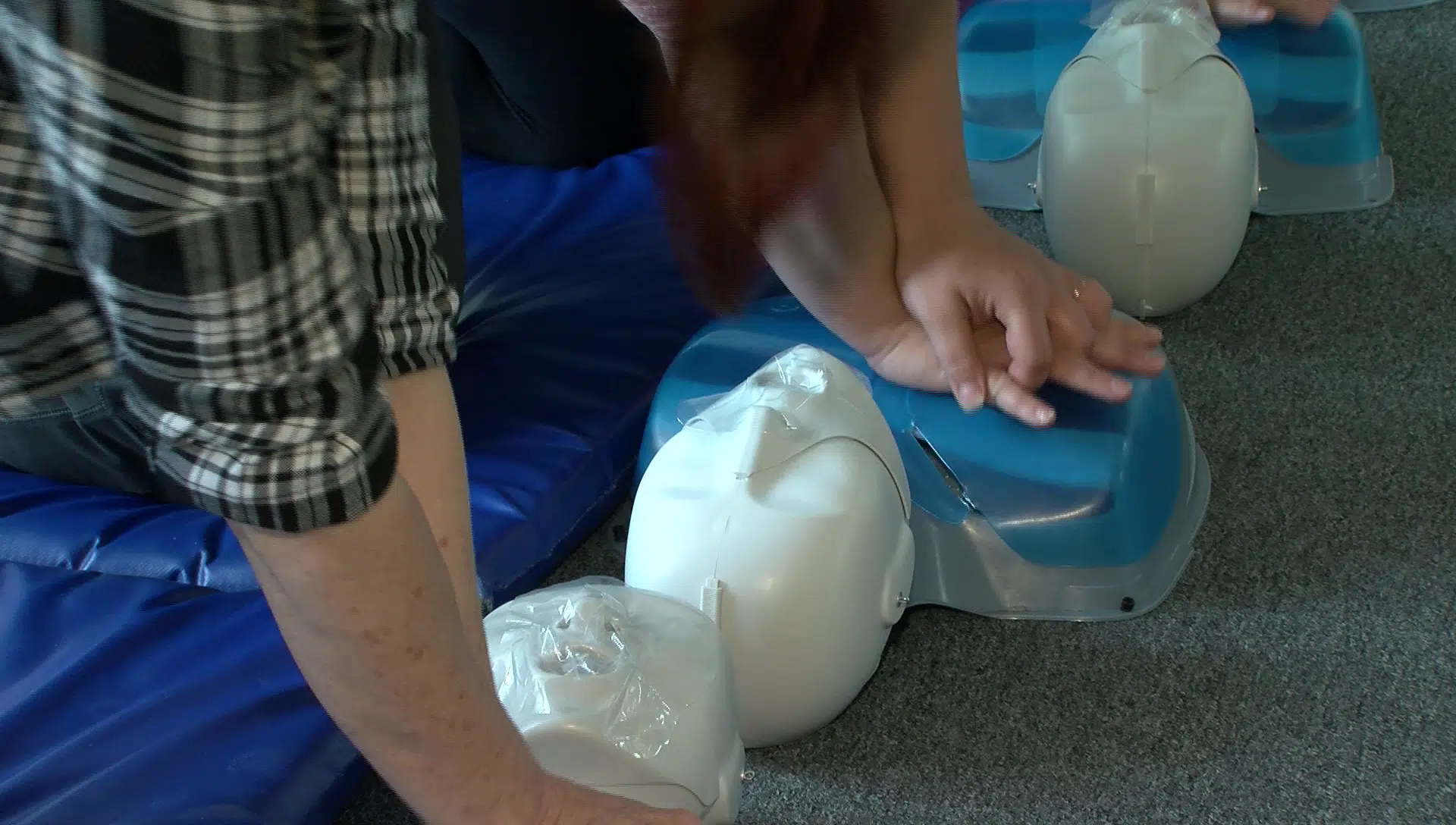
Proper training stressed during World CPR Challenge
MEDICINE HAT, AB – In a medical emergency seconds matter, especially in cases of heart attacks and someone choking.
An international push this week, as the World CPR Challenge is gaining some traction.
The initiative involves individuals, businesses, bystanders, and organizations stepping up and receiving training regarding CPR in worst-case scenarios.
